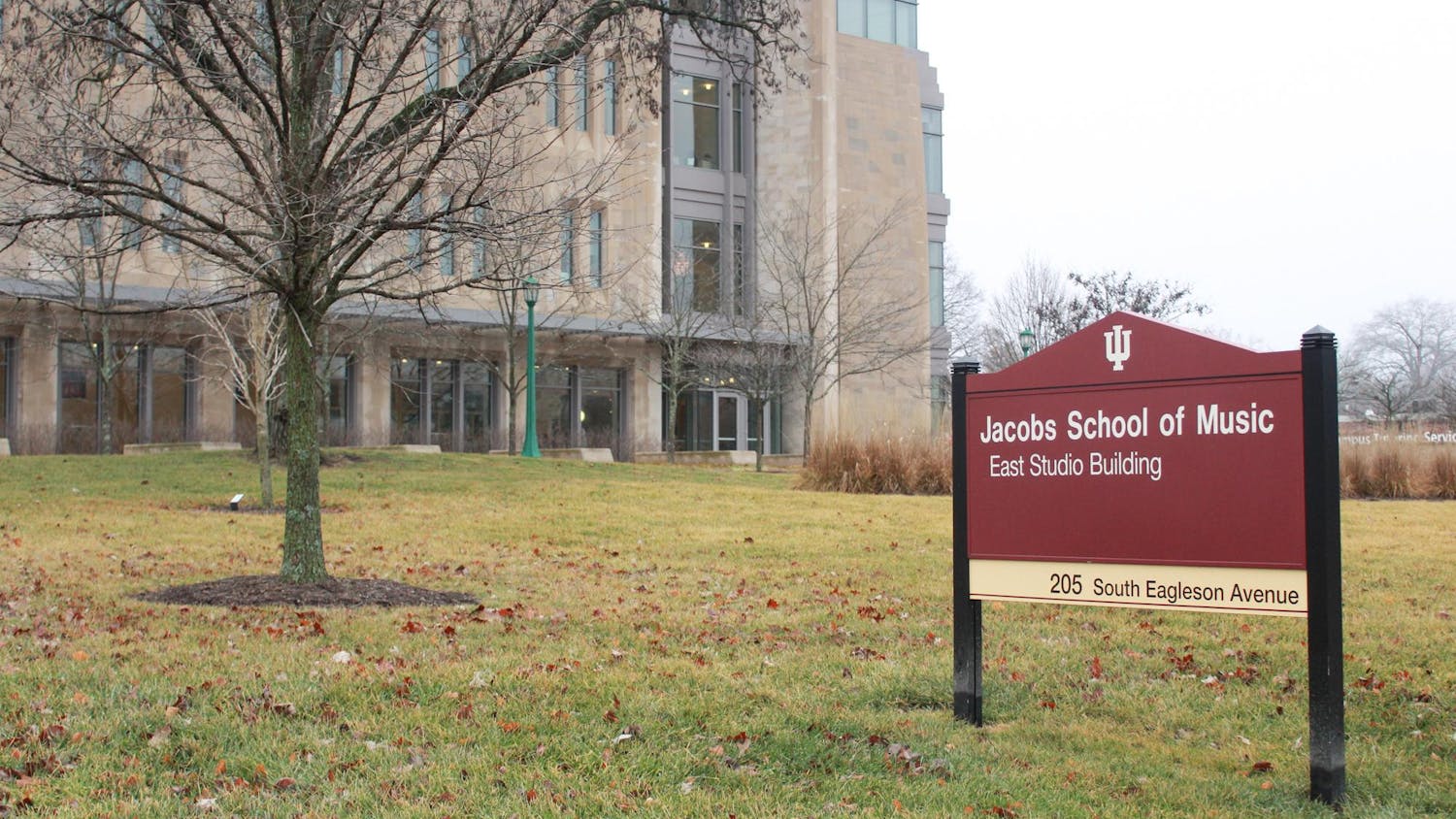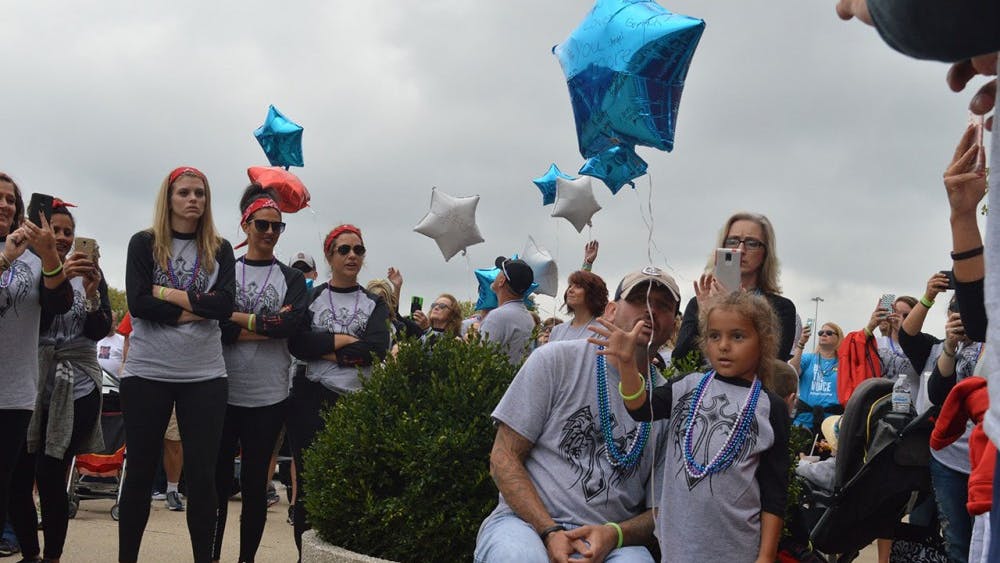After 15 years of research, scientists have discovered the cause of muscle fatigue and now may have a drug to help treat it.\nWhile trying to find a cure for congestive heart failure, a condition that weakens the heart to the point where it cannot pump out enough blood, scientists at Columbia University discovered that muscle fatigue and heart failure are caused by calcium leaking in muscle cells when a person exercises, making the muscle contract. However, a drug to combat this may not be on the market for years. \n“I think this discovery has the potential to be one important mechanism in the muscle fatigue experienced by patients with congestive heart failure, and perhaps to give us insight into similar mechanisms occurring in athletes undergoing intense exercise,” Andrew Bellinger, one of study’s researchers, said in an e-mail.\nBellinger has worked on the project since 2004 and, along with Andrew Marks, a professor of physiology and cellular biophysics at Columbia University, wrote a report combining all the different parts of the experiment into one.\nThese scientists created a calcium-blocking pill that allows necessary calcium to come in but does not allow calcium to leak. When they tested the pill, now being called Rycal, on mice, it was shown that the mice could run and swim from 10 to 20 percent longer, according to the Biology News Net Web site.\nJeff Huntoon, IU track and field associate head coach, said runners experience more fatigue in the beginning of the season than in the end. Even though the athletes do experience fatigue, Huntoon said he is old-fashioned and objects to any artificial stimulus to be put in the body because it could potentially be hazardous. \nHowever, Rycol doesn’t put anything unnatural into the body, according to its Web site. It stops calcium from leaking, making it a little more natural than most energizers or steroids, according to the site.\n“Just initially hearing it, it sounds great,” sophomore Paige DeChant said. \nHowever, DeChant added that she believed fatigue should only be stopped to a point to avoid harm to the body and until it was proved safe she wouldn’t want to try it. \nRycol has not yet been tested on humans, but Armgo Pharma, Inc. of New York, a start-up company to which Columbia licensed the drug, plans to start human testing in the spring.\nAccording to the Biology News Web site, it is very unlikely that the drug could ever get approved for consumers and if it does, it could take years to be put on the market.\nBellinger said in an e-mail that while researchers began these experiments with the goal of understanding muscle fatigue in patients with heart failure, “a cure for heart failure is probably beyond our reach until other scientists find ways to use stem cells to create new heart tissue.”
‘Leaking’ of calcium identified as the cause of fatigue
Drug could allow exercise for 20 percent longer

Get stories like this in your inbox
Subscribe





